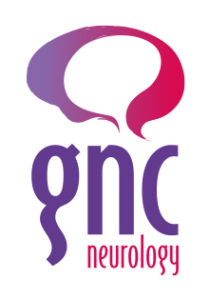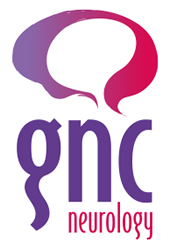The Importance of Early Head Injury Treatment
Introduction
Head injuries can range from mild concussions to severe traumatic brain injuries (TBI), and early treatment is critical for minimizing long-term damage and improving recovery outcomes. Prompt medical intervention can prevent complications, support neurological function, and enhance overall well-being.
Why Early Treatment Matters
Seeking immediate care for a head injury is essential because:
-
Prevents Secondary Brain Damage – Delayed treatment can worsen swelling, bleeding, or other complications.
-
Reduces Long-Term Cognitive Impairments – Early intervention can help mitigate memory loss, focus issues, and problem-solving difficulties.
-
Improves Physical Recovery – Addressing mobility, balance, and coordination issues early on leads to better rehabilitation outcomes.
-
Supports Emotional and Behavioral Health – Prevents mood disorders, anxiety, and depression associated with head trauma.
Key Components of Early Head Injury Treatment
1. Immediate Medical Evaluation
After a head injury, it is crucial to seek medical attention, even if symptoms appear mild. Healthcare providers can perform neurological assessments and imaging tests to diagnose potential brain damage.
2. Rest and Monitoring
Rest is vital for recovery, especially in cases of concussion. Patients should avoid physical exertion and screen time while being closely monitored for worsening symptoms.
3. Medication Management
Doctors may prescribe medications to reduce swelling, manage pain, or prevent seizures, depending on the severity of the injury.
4. Rehabilitation Therapy
For moderate to severe injuries, neurorehabilitation plays a crucial role in recovery:
-
Cognitive therapy to restore memory and problem-solving skills.
-
Physical therapy to improve balance, coordination, and mobility.
-
Speech and language therapy to address communication difficulties.
-
Psychological support to manage emotional and behavioral changes.
Recognizing Symptoms That Require Urgent Care
If you or a loved one experiences any of the following symptoms after a head injury, seek medical help immediately:
-
Persistent headaches or vomiting
-
Loss of consciousness
-
Seizures or convulsions
-
Confusion or slurred speech
-
Weakness or numbness in limbs
Conclusion
Early head injury treatment is essential for reducing long-term complications and promoting a successful recovery. At GNC Neurology, we specialize in TBI treatment and neurorehabilitation, offering personalized care plans to support your healing journey. If you’ve experienced a head injury, don’t wait—seek professional evaluation today.
Related Blogs
Stay informed with our latest articles on TBI treatment and recovery:
Head Injury Concerns in the UK
Head Injury Concerns in the UK Head injuries have garnered significant attention in the UK, with recent incidents underscoring the critical need for...

